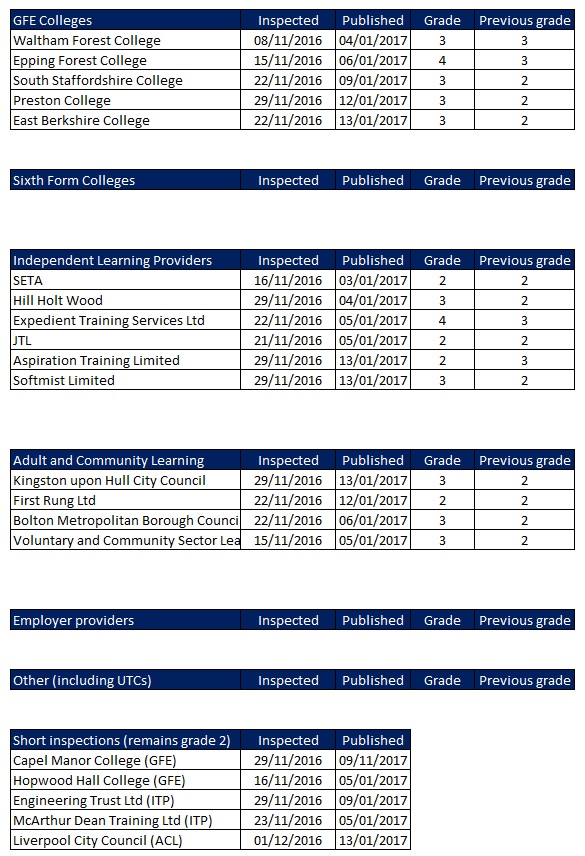The government’s handling of the Institute for Apprenticeships has descended into complete shambles.
Even though it will be charged with implementing a flagship policy, it has yet to advertise for a permanent chief and deputy chief executive, and we now have less than three months before it goes live.
The muddle has been there from day one. It wasn’t even in the original Enterprise Bill, which started in the Lords in October 2015. The then-business secretary announced it almost as an afterthought at its second reading in the Commons in February 2016, when ministers failed to bring a new clause forward to set it up. So it was left to us to propose a structure to define its remit clearly and inclusively, even though the government replaced this work with a bland piece of boilerplate.
Ministers had boasted that the Institute would be business-led, but its initial shadow chief executive was a career civil servant who left after a few months. The shadow chief operating officer also left after a similarly short time. It fell to Peter Lauener, who already has two jobs corralling both the EFA and SFA, all on just two days a week.
Will it be a Valentine’s Day treat, or perhaps an April Fool’s surprise?
In November, as a witness for the Technical and Further Education Bill, I pressed Peter on the process for finalising the Institute’s structure and appointments. He said he expected these “before Christmas”. It’s now mid-January and we are still none the wiser. When will the sector know who’s taking this crucial new body forward? Will it be a Valentine’s Day treat, or perhaps an April Fool’s surprise?
The IfA is a source of deep concern that’s in danger of becoming a huge scandal. The department has repeatedly pressured stakeholders to ensure they are ready for the apprenticeship levy and the Institute in April. It has stubbornly resisted suggestions from the sector about a more phased-in approach yet now appears in a state of meltdown.
How can people have confidence that the IfA will be effective from April when the government has yet to even advertise for the key figures which will run it?
This appears to be an expanding pattern across the DfE. When Theresa May became PM, the apprenticeships tsar was stood down without word, and we don’t know when or if he will be replaced. The Skills Plan proposals, to remedy the government’s total neglect of adult learning, are becalmed, while the shadow education secretary Angela Rayner and I have just written to the Mr Halfon, along with the former skills minister David Lammy, and 59 other MPs.
What is paralysing the department? Is it the morass of Brexit, turf wars with the Cabinet Office, continuing problems over absorbing skills and apprenticeships into the DfE? Or is it the inadequate resources trickling into the Institute itself? Labour has repeatedly warned that the modest investments of personnel and money (60 people, £8 million) by the government will not nearly be enough to get the IfA going – especially as it will also take on the whole area of technical education within the next 12 months.
As someone once involved with setting up a major new arms-length body I find it incredible – as I am sure many in the sector do – that ministers don’t even have the key people in place now. In most cases, these people need to be in post for a run-in of nine to 12 months in order to guarantee success, even part-time.
Currently, the Institute resembles a jigsaw puzzle with most of the vital pieces missing.
You only get one shot at getting this sort of change right. And if the minister does not rattle cages immediately to sort it out, it won’t be just another Whitehall farce. It will be a tragedy for the stakeholders, the hundreds of large and thousands of small businesses who want to do the right thing by apprenticeships, and the hundreds of thousands of would-be apprentices, who desperately need for their life chances to see these initiatives work.
Gordon Marsden is shadow minister for higher education, further education and skills


